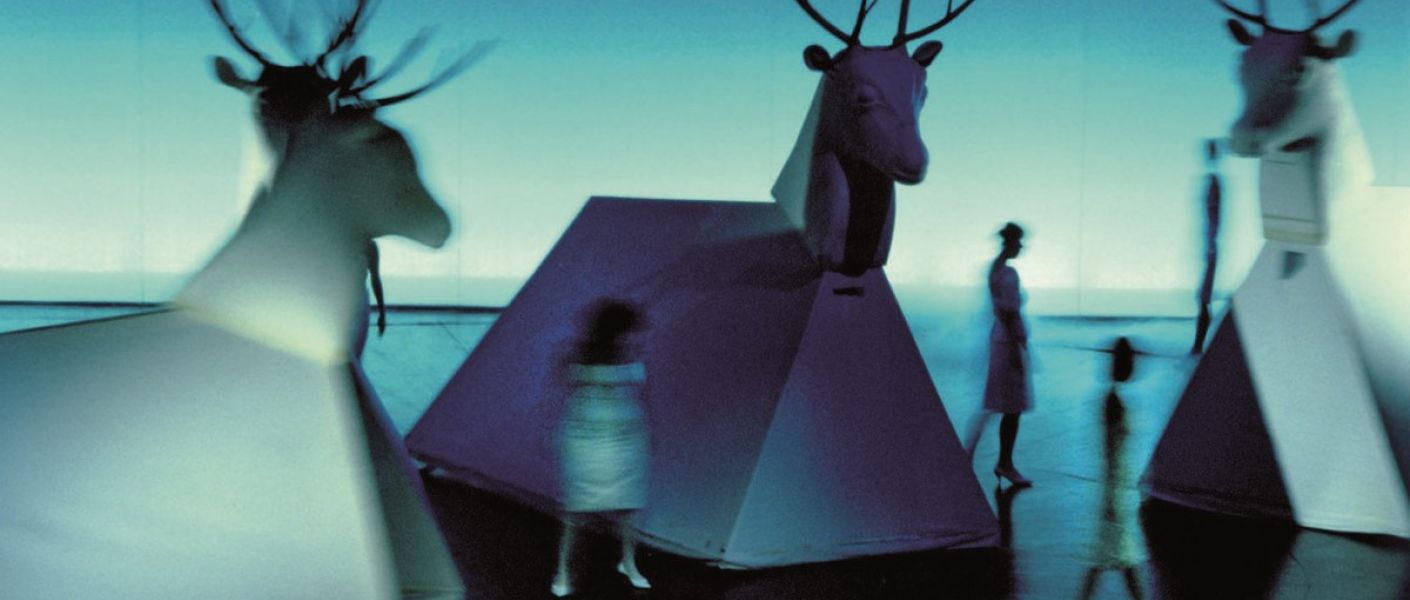The Contradictions of 1980s Alternative Art
Lecture of Katja Praznik, Slovenian cultural researcher
The recently published volume Art Work: Invisible Labour and the Legacy of Yugoslav Socialism (Toronto: University of Toronto Press, 2021) by Katja Praznik, a Slovenian cultural researcher at the University at Buffalo’s Arts Management Program, opens up a new perspective on the study of Eastern European art in the 1980s. Praznik argues that it is through understanding creative art as labour that we can understand how some alternative artists of the 1980s were suppressed and others assimilated by the late socialist Yugoslav regime.
Katja Praznik’s presentation is closely related to the ongoing research into 1980s art at KEMKI’s Research Department, and we hope it will contribute to laying the methodological foundations of this research and putting it into international context.
Abstract of the presentation:
> Kristóf NAGY (art historian-sociologist – KEMKI Research Department; Central European University)
> Eszter ŐZE (art historian – KEMKI Research Department; Hungarian University of Fine Arts)
> Krisztián TÖRÖK (curator – Modem, Debrecen; CuratorLab, Konstfack University of Arts)
